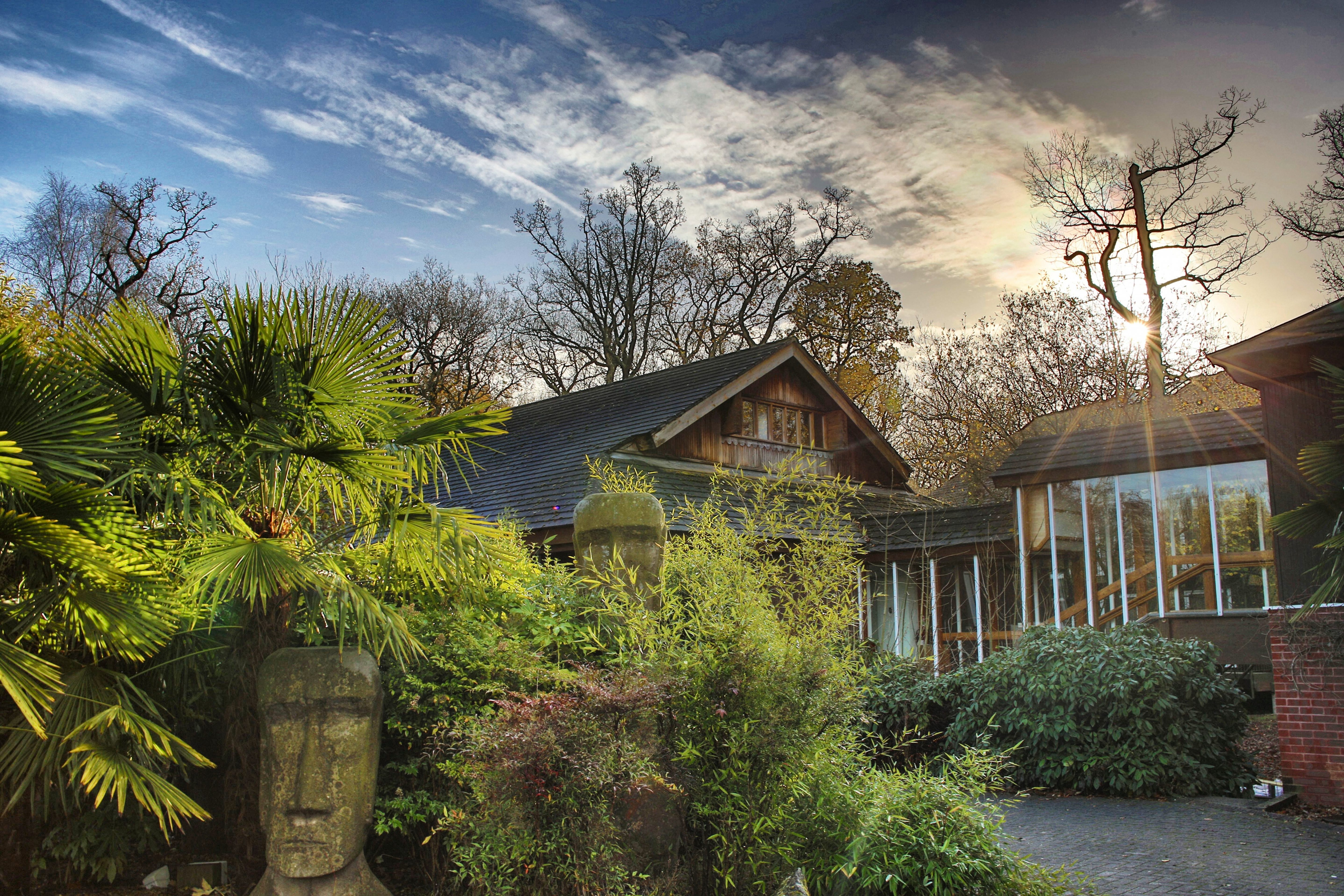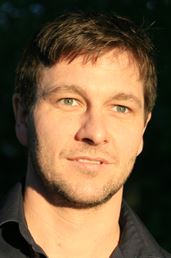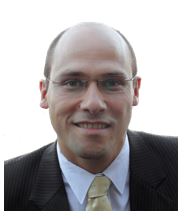24-27 September 2017
Please join us for the first TISuMR Symposium on Tissue Culture and Magnetic Resonance!
If you are interested in attending please contact us at tisumr@soton.ac.uk
The culture of tissue under controlled conditions holds great promise for the future of medicine and the life sciences in general. While the study of cells provides detailed insight into biological processes at the molecular and supra-molecular scale, understanding many disease processes requires a more systemic approach.
Culture of tissues, either from organ samples or grown entirely in vitro, can provide insight at the organ system level, revealing not only the function of individual cell types, but also their interaction with each other as well as with the extracellular matrix.
Combining advanced microfluidic lab-on-a-chip approaches to tissue culture with non-invasive, in-situ NMR investigation of life processes is the central theme of the TISuMR project. This symposium will bring together clinical experts on liver pathology, researchers working on microfluidic tissue culture, and scientists developing novel magnetic resonance techniques, with the following aims:
- exchange ideas across discipline boundaries
- discuss opportunities and challenges in the field
- establish the potential of the TISuMR approach for developing liver disease models
- foster mutual understanding between the biomedical and technical aspects of the project
The technical program will feature a number of leading scientists in the fields of hepatology, microfluidic technology, and magnetic resonance as keynote speakers. In addition, members of the TISuMR team will present their projects and early results.
Ample free time will be provided for off-line discussions, socialising, and exploring the environment. The Marwell Hotel, located in a beautiful corner of rural Hampshire, features a spa, health club, and a pool. The Marwell Zoo is only a few steps away, and there are many opportunities for leisurely walks in the countryside of the South Downs.
Confirmed speakers can be found here


